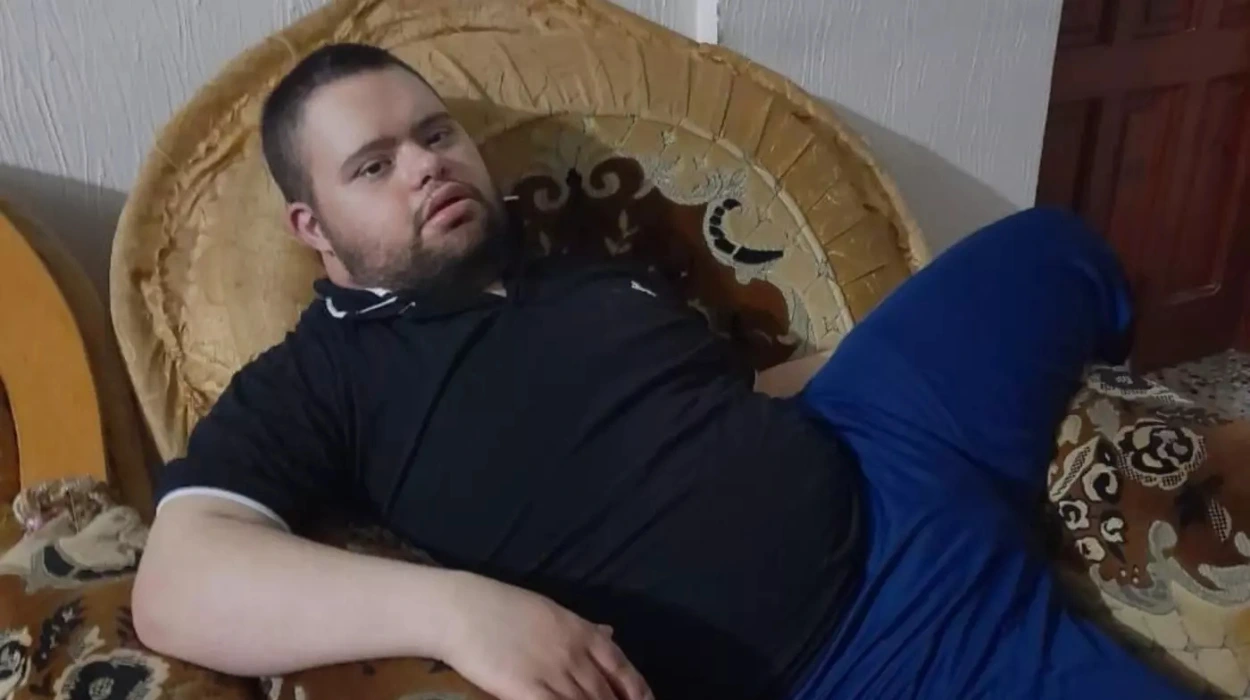In a harrowing incident that has drawn international attention, 24-year-old Muhammed Bhar, a Palestinian man with Down syndrome, was reportedly left to die by Israeli soldiers after being attacked by a military dog during an operation in Gaza. This tragic event has raised serious questions about the treatment of civilians in conflict zones and the responsibilities of military forces.
Incident Overview
On July 3, 2023, Israeli soldiers raided the Bhar family’s home in the Shujaiya neighborhood of eastern Gaza City. During the operation, combat dogs were unleashed, leading to a brutal attack on Muhammed. His mother, Nabila Bhar, recounted the horrifying moment when the dog mauled her son while she pleaded for mercy, emphasizing his vulnerability due to his disability.
The Israeli army has acknowledged that after the attack, soldiers abandoned Muhammed to assist fellow soldiers injured in a separate incident involving a rocket-propelled grenade (RPG) attack. The family was ordered to evacuate their home at gunpoint, leaving Muhammed behind in a separate room where he was left alone and bleeding.
Family’s Desperation and Aftermath
In the days following the incident, Nabila and other family members desperately contacted the Red Cross, seeking assistance for Muhammed. However, they were informed that the Israeli army was not cooperating with their requests for medical help. Tragically, it wasn’t until a week later that the family was able to return to their home, only to find Muhammed’s decomposing body covered in blood and infested with worms.
Jebril Bhar, Muhammed’s brother, described the scene upon their return: “He was lying on his stomach… based on the state of his body, it was evident he had died several days earlier.” The family had no means to transport his body for burial due to the devastation caused by ongoing military operations in the area. Consequently, they buried him near their home.
Reactions and Calls for Accountability
The incident has sparked outrage among human rights advocates and organizations. Many are calling for an independent investigation into the circumstances surrounding Muhammed’s death and broader concerns regarding civilian safety during military operations. The Israeli military stated that they “regret the harm to civilians,” but this acknowledgment has done little to assuage public anger over the treatment of vulnerable individuals like Muhammed.
Nabila Bhar expressed her profound grief and disbelief over her son’s tragic fate: “I cannot bear to think of what they did to him or how they left him to die like this.” Her account reflects not only personal loss but also highlights systemic issues related to military conduct in conflict zones.
Conclusion
The case of Muhammed Bhar serves as a stark reminder of the human cost of conflict and raises critical ethical questions about military engagement in civilian areas. As calls for accountability grow louder, it is imperative that all parties involved reflect on their responsibilities toward vulnerable populations during times of war. The tragic loss of Muhammed Bhar will not be forgotten as his family continues to seek justice for his untimely death.


























